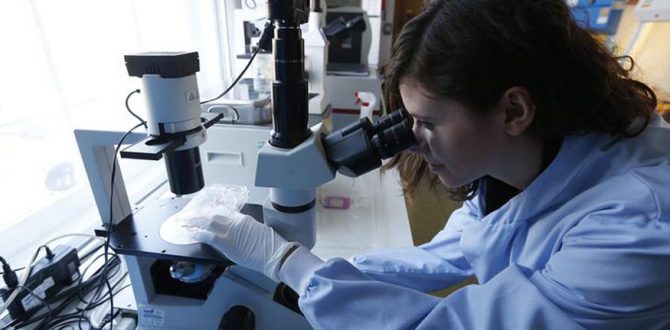Also read: Facebook to Promote Local News in Latest Update
The advance solves a vexing issue, the researchers said, because in such devices, when blood is mixed with a reagent to produce a biological and/or chemical reaction, the pressure difference between the two fluids often causes them to flow backward instead of into the desired channel. “It’s kind of like plumbing; we are moving fluids around and dealing with different pressures and flows. Only we are doing it on a microchip, as opposed to a house,” said Kwang W Oh, associate professor at UB. “The chip could become the basis for faster, more efficient and reliable lab on chip devices. “It puts us closer to using such devices where medical labs are lacking, such as the developing world, battlefields and even our homes,” said Oh.
In a series of experiments, the research team showed how its chip was able to accurately decipher the eight blood types based upon the time it takes for different blood types to flow through the chip. For example, when mixed with a certain antibody, Type A blood will thicken and flow slower. The device could be used for other biological and chemical assays, Oh said. The new chip requires no sensors or external sources of power. That is key for medical device manufacturers, which are searching for ways to inexpensively produce disposable lab on chip products, researchers said.
Watch: Smartron t.phone P Review | A Tough Budget Player With a Massive Battery







